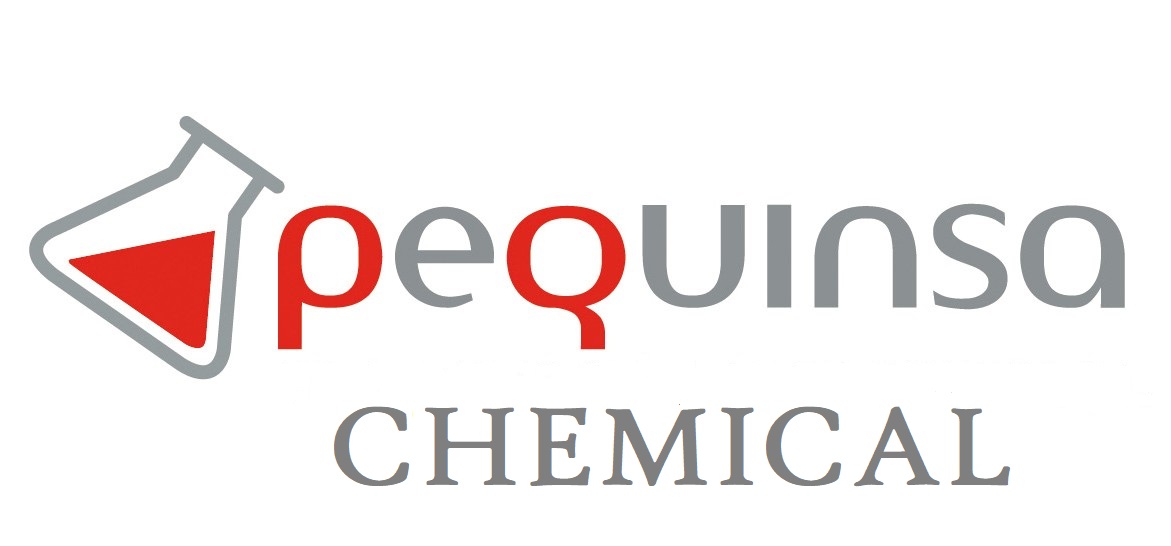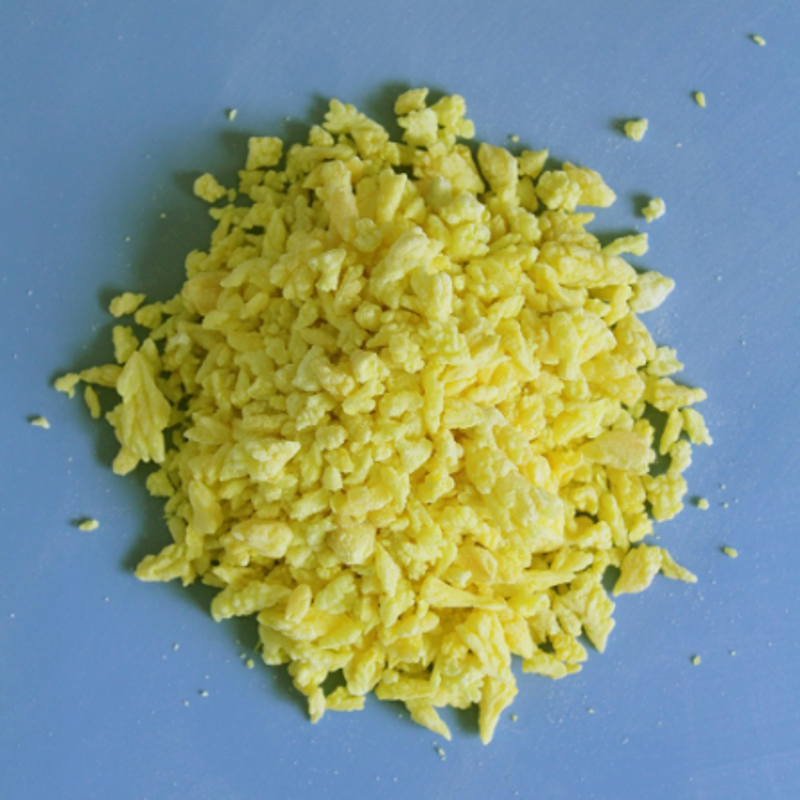-
Categories
-
Pharmaceutical Intermediates
-
Active Pharmaceutical Ingredients
-
Food Additives
- Industrial Coatings
- Agrochemicals
- Dyes and Pigments
- Surfactant
- Flavors and Fragrances
- Chemical Reagents
- Catalyst and Auxiliary
- Natural Products
- Inorganic Chemistry
-
Organic Chemistry
-
Biochemical Engineering
- Analytical Chemistry
-
Cosmetic Ingredient
- Water Treatment Chemical
-
Pharmaceutical Intermediates
Promotion
ECHEMI Mall
Wholesale
Weekly Price
Exhibition
News
-
Trade Service
A surgical procedure to treat ulcerative colitis, an immune disease that affects the colon, may trigger a second immune system attack, a new study suggests.
results were published in the journal Gastroenterology.
the findings revolve around the immune system, destroying cells and proteins that invade bacteria and viruses.
activation of the immune system can cause inflammation, swelling and pain caused by cells that have returned home from an infected or damaged site.
when the system mistakenly destroys the body's own tissues, autoimmune diseases such as ulcerative colitis occur.
in surgery, damaged colon tissue is usually resolved through a "J-sac" procedure, specifically by constructing a bag with a nearby healthy small intestine tissue surgery to replace the damaged part of the colon.
the procedure is designed to suppress the onset of inflammation in the colon, but unfortunately, more than half of these patients continue to develop inflammation in the "J sac."
led by researchers at New York University's Grossman School of Medicine, the new study showed that in ulcerative colitis, some immune cells that attack the colon are the same as cells that attack the "J-sac."
of immune cells found in the site of inflammation, up to five times the number of immune cells in healthy tissue.
research co-leader Jordan Axelard said: "Our findings suggest that because ulcerative colitis and cystic bagitis are biologically similar, the disease can be treated with the same medication even if it originates in different parts of the intestine.
" he said starting with the most promising drugs could give health care providers a step forward in fighting eye bagitis and avoiding complications caused by delayed treatment.
, PhD student at New York University and lead author of the study, added: "With new discoveries about cystitis, we can also begin to see why people develop it first and how to prevent it."
" Devlin points out that inflammatory bowel disease occurs throughout the inner walls of the digestive tract, which develops over time and is usually resistant to treatment.
by removing the ulcerative colitis-damaged colon, surgeons hope to give the body a chance to regain its freedom from the disease.
results, experts don't know why the new J-bags produce an immune response.
, the team collected tissue samples from 15 men and women who underwent surgery, 10 of whom developed cystitis.
compared the genetic activity in these patients' bag tissue with colon tissue samples from 11 patients with unacsolvened ulcerative colitis.
also used RNA sequencing to analyze the genetic activity of 56,000 individual cells.
say this is the most detailed analysis yet of the immune response to cysts, allowing them to track progressive genetic activity in individual cells at any given moment. Ken Caldwell, co-senior author of the
study, said: "The use of RNA sequencing gives us a deeper understanding of treatment options for an inflammatory bowel disease, so it is likely that we can use it to evaluate effective treatments for related issues such as Crohn's disease."
" source: Surgery to heal inflamed gut may create new target for disease Source: Gastroenterology (2021). DOI: 10.1053/j.gastro.2020.12.030 This article was originally originally available from Bio Valley, please download Bio Valley APP for more information (







